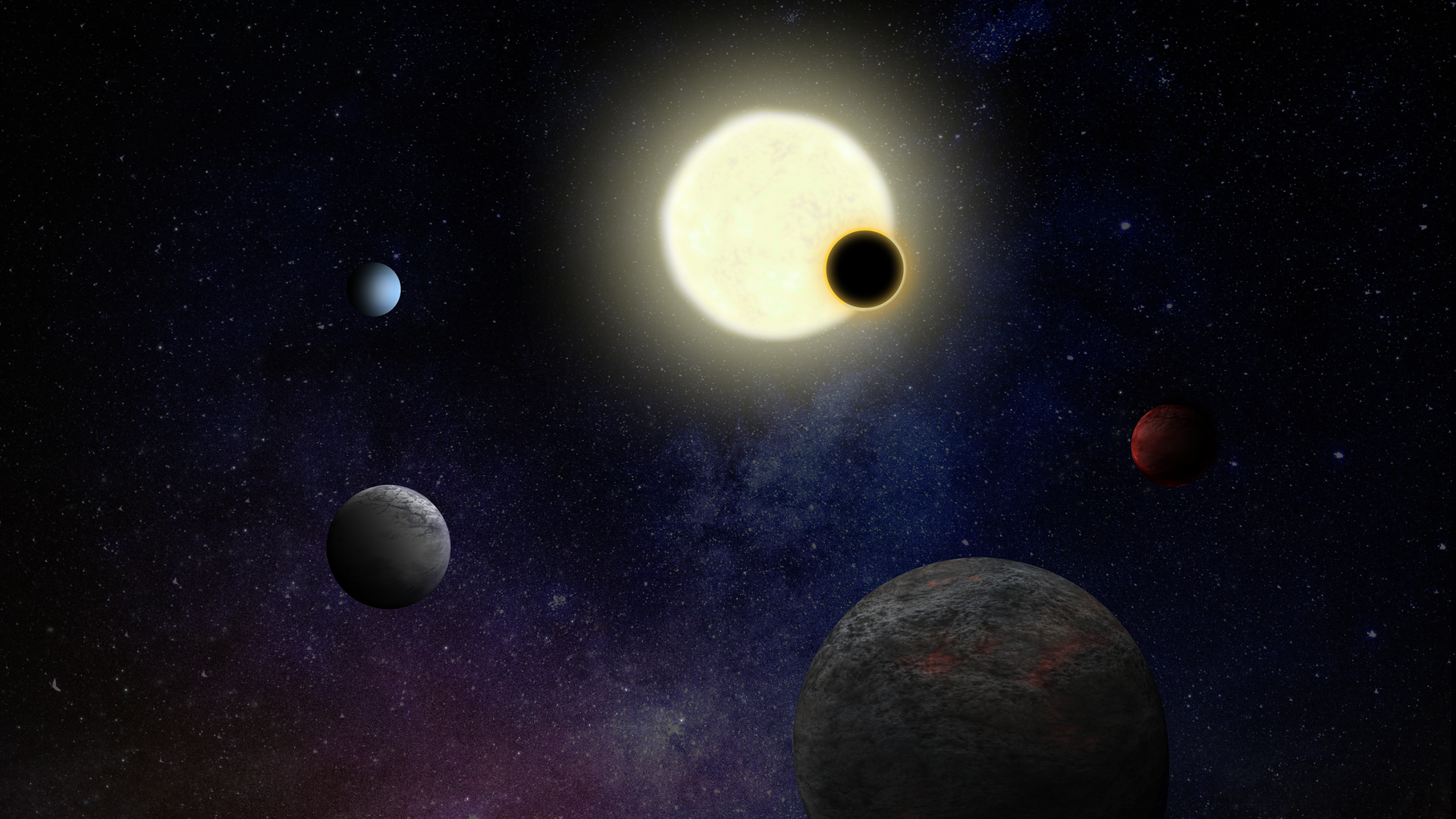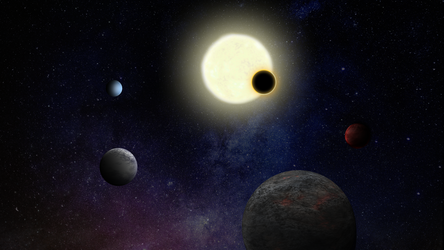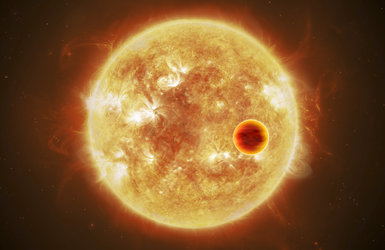UK leads new European exoplanet mission
The UK has secured a leading role in the development of a space telescope that will probe the atmospheres of distant worlds.
The mission – called Ariel – will study the gases that enshroud some 1000 extrasolar planets to address fundamental questions about how they formed and evolved.
Due to launch in 2029, it is the first mission dedicated to this type of analysis.
Some £30 million of funding is being supplied by the UK as part of an agreement with ESA member states that confirmed roles for the mission.
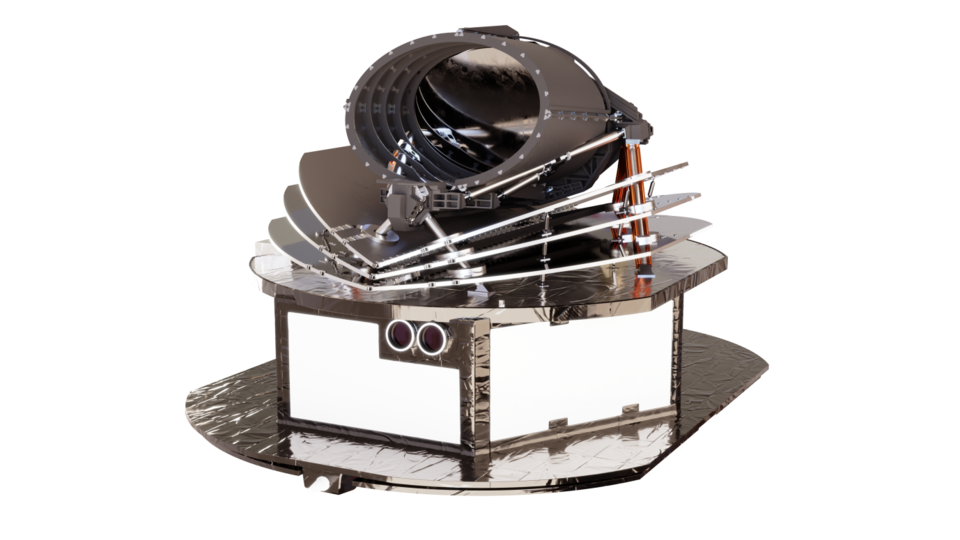
Proposed by an international consortium led by University College London (UCL), Ariel was selected by ESA from 26 proposals put forward to be the next ‘medium class mission’ in its science programme.
It is the third of a trio of dedicated ESA exoplanet missions, following Cheops – which launched in 2019 – and Plato, scheduled for launch in 2026.
The UK will lead the overall science of Ariel and head up a consortium of 17 countries building the mission’s payload module.
British experts will also take charge of developing the cryogenic cooler and optical ground support equipment, as well as science operations and data processing.
Scientists at UCL and the University of Cardiff will lead performance analysis, testing and fine-tuning the complex algorithms that will process the data returned from Ariel. A team at the University of Oxford will deliver the equipment to test Ariel’s payload telescope and optical elements.
Giovanna Tinetti, Principal Investigator and science development lead for Ariel at UCL, said: “Ariel will be transformational in helping us understand the planets in our galaxy. By studying hundreds of diverse worlds in different environments, we will see our own planet in context, giving us a better sense of why Earth formed as it did.”
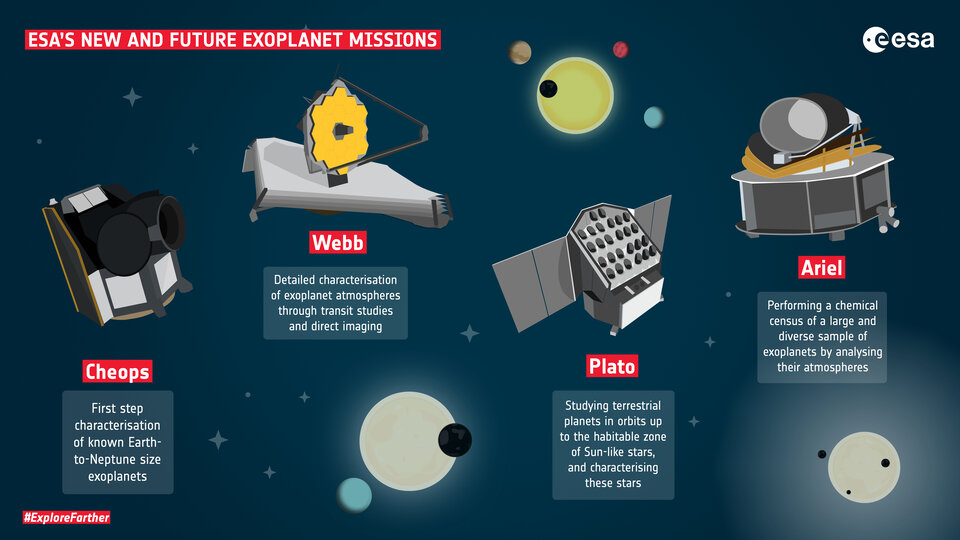
“We are very grateful to the UK Space Agency and the UK government for their continued support and commitment in advancing planetary science, helping us understand worlds beyond our solar system as well as within it.”
Teams at the Science and Technology Facilities Council’s RAL Space facility at Harwell Campus will build and test the Ariel payload module, managing hardware contributions from other consortium nations, while the STFC technology department is developing the £5.5 million cryogenic active cooler system.
Paul Eccleston, Ariel Consortium Programme Manager and Chief Engineer at RAL Space, said: “We welcome the agreement and the commitment from the UK Space Agency to enable this collaboration. I’m delighted that the UK is taking a leading role in the mission and proud of the progress the consortium has already made to design the payload. These ties are only set to strengthen as we progress towards launch.”
UK Science Minister George Freeman said: “This is an incredibly important commitment for UK space science and technology, marking a major milestone for the National Space Strategy and boosting our ambitions to grow our £16.5 billion commercial space sector.”
“By investing £30 million and taking the helm of the entire Ariel consortium – the first time in a decade that we have secured leadership for a mission of this magnitude – we are putting the UK at the heart of international space research, providing new opportunities for space businesses and academics across the country.”
Günther Hasinger, ESA’s Director of Science, said: “Ariel is a very important mission for ESA’s Space Science programme, and among our world-leading fleet of missions that study extrasolar planets. This commitment by the UK Space Agency and our scientific partner institutions in the UK is a big step forward for Ariel, and we are looking forward to working together closely on implementing the mission.”


